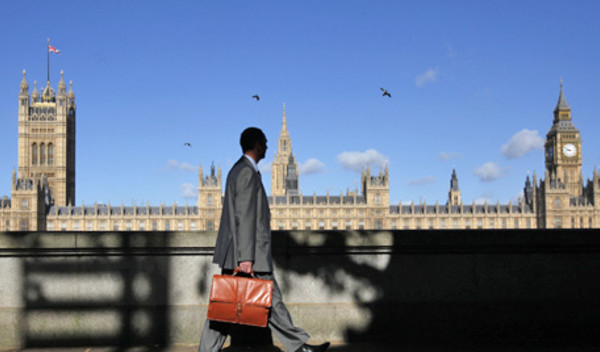

Inevitably any big Budget announcement is followed by the various market commentators wanting to have their say.
Here we’ve separated the wheat from the chaff to try and give you some genuine expert analysis of the chancellor’s speech, split between the three key areas for advisers:
Tax
Expected changes to inheritance tax were confirmed in the ‘emergency’ Budget, although Mattioli Woods director Murray Smith said he was expecting the allowance to be raised immediately. “As it turns out, the full benefit of the £1m nil-rate band for family homes will not be felt until the tax year 2020/21 as there will be a phasing of the additional relief from 2017/18”.
His colleague and senior technical manager George Houston highlighted that for clients with estates, not just the family home, worth more than £2m the allowance will be tapered back.
“It was thought in advance that the tapering would only apply to the value of homes, whereas, in reality the chancellor said that it would apply to estates; this will affect many people with assets above and beyond the family home.”
Paul Latham, managing director at Octopus Investments, suggested that for many the change will be of limited value.
“With the cost of the average house in the UK predicted to rise by 22.8 per cent over the next five years, a significant number of couples’ homes are likely to exceed the £1m threshold by the time the change comes into full effect in 2021; many people also hold assets other than their homes that may be liable for IHT when they die.”
Mr Osborne also announced a reformed tax on dividends, with the dividend tax credit scrapped and replaced with a £5,000 tax-free allowance from next April.
Ian Kavanagh, investment manager at Hargreave Hale, said that in the current low interest rate environment, more people now rely on dividends to support their pension income.
“We broadly welcome this change, albeit those investors receiving more than £34,000 of dividend income will be disadvantaged. This will mean the use of Isa allowances and pension reliefs will become ever more important, where appropriate.”
Pensions
George Osborne announced that he was “open to further radical change” in the pensions system, suggesting they could be “treated like an Isa” in that people could have a tax-free account topped up by government.
Malcolm McLean, senior consultant at Barnett Waddingham, warned this would be a major change requiring all the ramifications to be carefully thought through. “As always with pensions, which are a long-term savings vehicle, the change over from one system to another would require some fairly complex transitional arrangements to be put in force to smooth the operation going forward.”
Thankfully a ‘green paper’ was promised to look into the details, which raised the spectre of more pensions tinkering over the course of this parliament.
Henry Cobbe, director and head of research at Birthstar, pointed out that Isas are popular because they are not endlessly tinkered with. “Any new Isa/pension merger will prove popular only if guaranteed to be tinker-free.”
The Budget document revealed that implementation of any secondary annuity market will not take place until 2017, with various pensions professionals welcoming the time to properly think through the potential for consumer detriment.
Andrew Tully, pensions technical director at Retirement Advantage, said that as the issues are complex it is right to take stock and provide an appropriate timeframe to consult. “We need to ensure consumers are protected from making poor value decisions, given they could lose 30 per cent or more of their potential income because of costs and upfront tax.”
Meanwhile, a taper to the annual allowance for pensions tax relief is set to be introduced for those with total income over £150,000 - something which was met with disappointment from the industry.
Carlton Hood, customer director at Old Mutual Wealth, used the now well-worn piggy bank analogy, stating that the chancellor’s “persistent tinkering” is not helpful for consumer confidence.
“This is contradictory to the impact the government hopes to achieve with its green paper on pensions tax relief. While these interim changes are not due to come into force until April 2016, it is imperative that savers, particularly high earners, continue to contribute as much as they can to their pension, rather than being put off by what they may see as more uncertainty in the pensions market.”
Property
The big news in terms of housing was a reduction in property tax relief to 20 per cent by April 2020, which mortgage broker SPF Private Clients stated will slow down investment in property, as the tax break has been one of its biggest attractions.
Mark Harris, their chief executive, maintained that arguments in favour of buy-to-let remain. “If you are looking for good long-term growth then that will still be the case and you have a couple of years to get used to the changes, which makes them less painful,” he said, adding that “the UK remains a pretty reasonable tax jurisdiction in which to live”.
The Council of Mortgage Lenders also weighted in, with director general Paul Smee saying that the four-year phased reduction of higher rate tax relief on buy-to-let mortgage interest payments is important.
“We will need to understand whether this will have a behavioural impact on higher-rate buy-to-let landlords, but a four-year timetable does at least reduce the risk of sudden market shocks.”
peter.walker@ft.com



